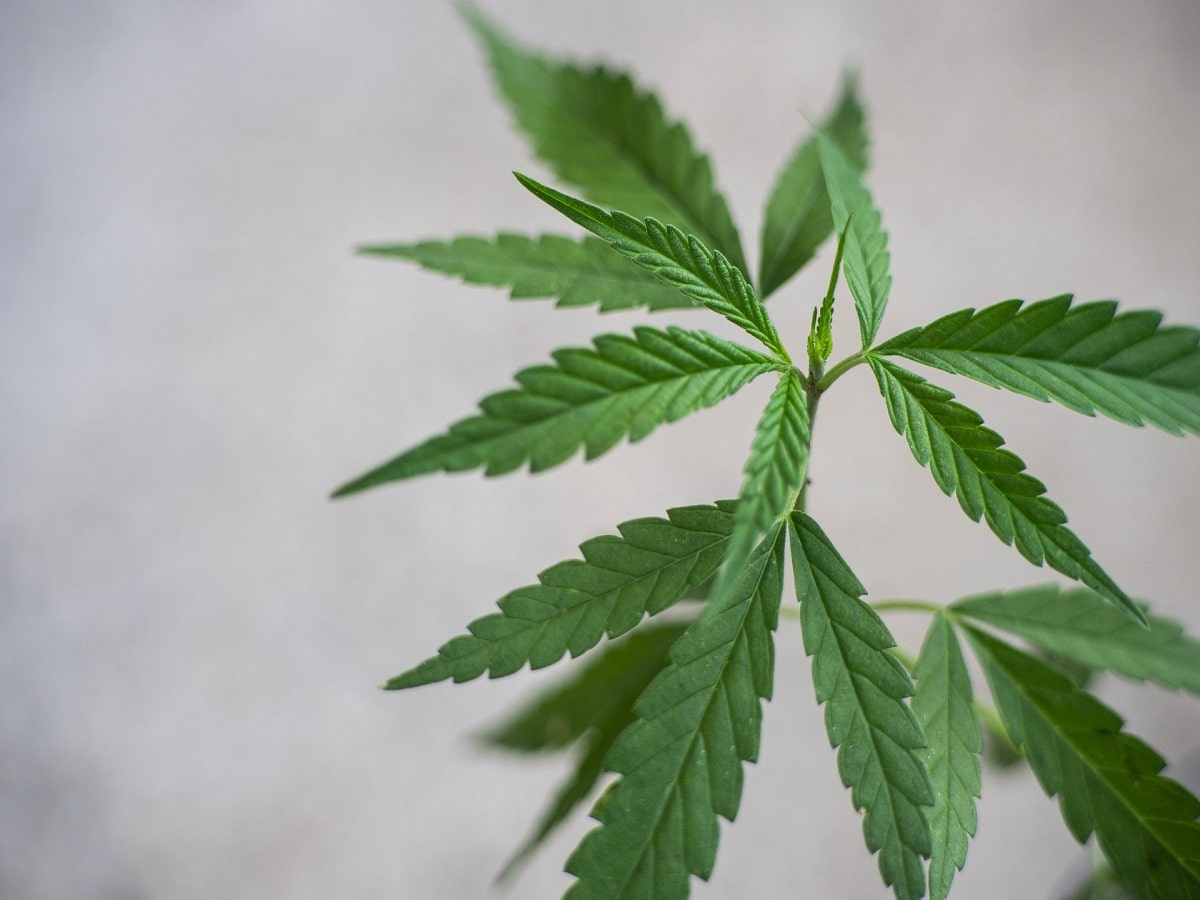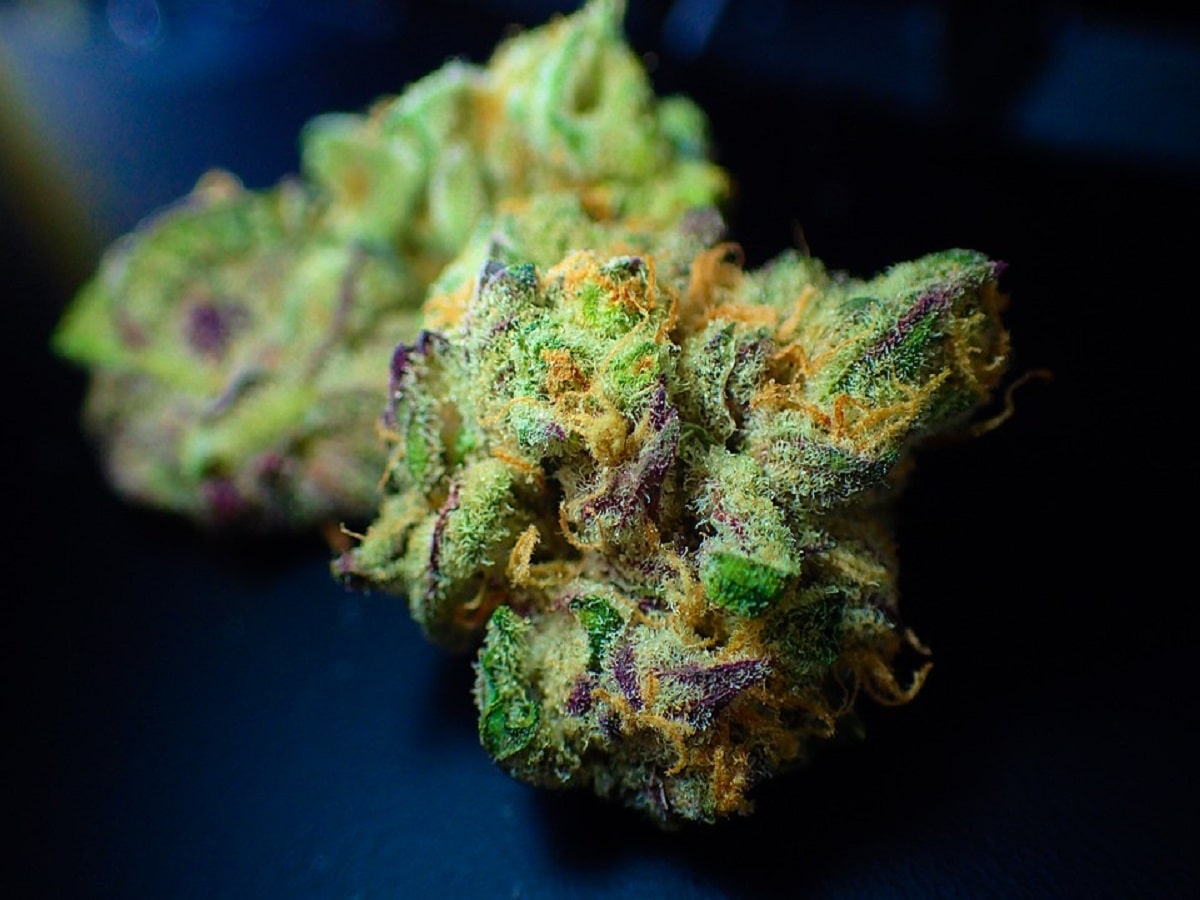
Study Finds That Hemp Fiber Possesses Antibacterial Properties

Study Finds That Hemp Fiber Possesses Antibacterial Properties
Bacterial infections are one of the top public health issues around the world, with bacterial infections being directly responsible for an estimated 1.27 million deaths annually around the globe, and contributing to another 4.95 million deaths.
Even in cases that do not tragically end in the patient dying, bacterial infections still cause a lot of pain and suffering, and in extreme cases have lasting effects on the suffering patient. Fortunately, the hemp plant may be able to help.
A team of researchers affiliated with Tarsus University in Türkiye recently conducted a study that examined hemp fiber’s potential antibacterial properties. The study’s findings were published in the academic journal Cellulose.
“This study focused on the extraction of cellulose from hemp fiber and production of carbonized nanocelluloses (CCN) from cellulose, characterization, antibiotic loading and investigation of antibacterial properties of cellulose and CCN.” the researchers stated about the focus of their study.
“Cellulose with a diameter of approximately 4.5 μm was successfully extracted from the untreated hemp fiber that had an average diameter of approximately 10 μm. After the acid hydrolysis, the dried hemp fiber powders were subjected to preoxidation and carbonization and then CCN with a diameter of 34.7 nm was produced. Ciprofloxacin (CIP) was selected as the model antibiotic for investigation of the antibacterial property of the cellulose and CCN.” the researchers stated about their methodology.
“The antibacterial activity studies showed that although pristine cellulose and CCN had considerable antibacterial property their modification with CIP (C + CIP and CCN + CIP) increased their activity. At 50 mg mL⁻¹ concentrations, the antibiofilm effectiveness for CCN and cellulose were found to be 52.38% and 4.28%, respectively. The antibiofilm activity of CCN + CIP was also found to be higher than that of cellulose + CIP against both P. aeruginosa and Staphylococcus aureus in the concentrations range studied and the antibiofilm activity was observed to be 94.74% and 86.62% for CCN + CIP and cellulose + CIP, respectively, at 50 mg mL⁻¹.” the researchers found.
“All these results showed that CIP could successfully be loaded onto carbonized nanocelluloses extracted from hemp fibers and they showed considerable antibacterial properties.” the researchers concluded.
The recent study conducted in Türkiye builds on previous research focused on the hemp plant’s antibacterial properties, which found that hemp oil “can inhibit or reduce bacterial growth.”
Share article


Share article
Join Our Awesome Community
Join Our Awesome Community
Join Our Awesome
Community
Get all the latest industry news
delivered to your inbox







